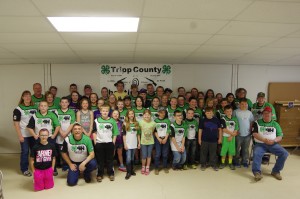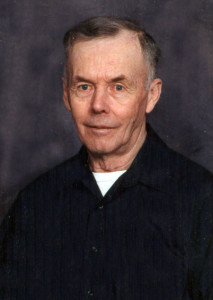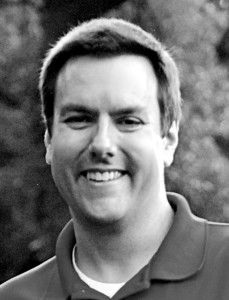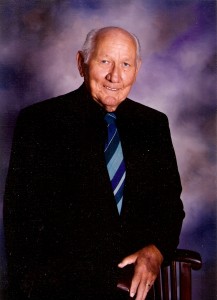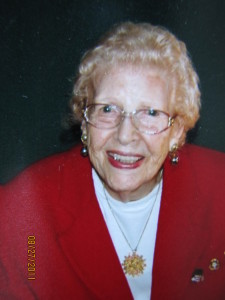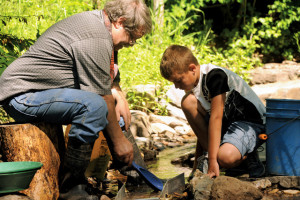
The South Dakota Retailers Association (SDRA) today welcomed a summary judgment by Circuit Court Judge Mark Barnett regarding South Dakota’s lawsuit against three large online retailers. SDRA says the ruling is precisely what is needed to move South Dakota one step closer to tax parity between South Dakota brick and mortar stores and giant out-of-state companies.
Although the ruling resulted in the entry of a judgment in favor of out-of-state online retailers, Judge Barnett’s Order specifically recognized that he was bound by existing United States Supreme Court precedent “…even when changing times and events clearly suggest a different outcome; it is simply not the role of a state circuit court to disregard a ruling from the United States Supreme Court.”
This week’s decision by Judge Barnett is an important and necessary step toward U.S. Supreme Court reconsideration of now-outdated tax precedents set by the Court in cases from half a century and a quarter of a century ago.
Last year, South Dakota passed a law, SB 106, requiring large out-of-state companies that sell goods into the state to collect and remit South Dakota sales tax on those purchases. The law applies only to businesses whose sales in the state exceed $100,000 annually, or that make 200 or more separate transactions in the state in a year.
Following passage of SB 106 last year, the State of South Dakota filed a lawsuit seeking a determination that the state may validly require out-of-state retailers that conduct significant business in the state to collect and remit the state’s sales tax on purchases made in the state, even if they do not have a physical location in South Dakota.
The state’s lawsuit was filed one year after U.S. Supreme Court Justice Anthony Kennedy recognized in his concurring opinion in DMA v. Brohl that, “[t]he Internet has caused far-reaching systemic and structural changes in the economy” so that “a business may be present in a State in a meaningful way without that presence being physical in the traditional sense of the word.” Justice Kennedy called on the “legal system [to] find an appropriate case for this Court to reconsider” its prior decisions in 1967 and 1992.
When SB 106 was enacted last year, the bill itself and the State of South Dakota acknowledged that only the U.S. Supreme Court can overturn the 1992 Quill v. North Dakota decision that restricts states from requiring remote sellers that do not have a physical presence in the state from collecting the taxes already owed on those purchases. To reach the U.S. Supreme Court, however, the case must first go through the South Dakota circuit court and the South Dakota Supreme Court. Today’s ruling checks off that first step.
The South Dakota Retailers Association played a key role in the discussions that led the state to pass SB 106 and to file suit against out-of-state online retailers.
“Right now, giant out-of-state conglomerates are able to avoid collecting and remitting taxes only because of a loophole that was created before there was an internet, and before e-commerce,” said SDRA Executive Director Shawn Lyons. “Online commerce is expanding dramatically, and the tax inequity gap between in-state retailers and out-of-state online retailers is widening. We are encouraged that this ruling gets us one step closer to having the U.S. Supreme Court take another look at this crucial tax issue, and one step closer to tax fairness.”
State Senator Gary Cammack, owner of Cammack Ranch Supply in Union Center, South Dakota and president of SDRA’s Board of Directors, agrees.
“Only the U.S. Supreme Court can overturn the 1992 court decision, and Judge Barnett’s decision helps us move the issue along,” Cammack said. “Larger online retailers should play by the same rules as the small businesses on Main Street, and this ruling is one of the necessary steps in accomplishing that.”
South Dakota Attorney General Marty Jackley also praised the decision.
“South Dakota retailers should have a fair and equal playing field with other large out-of-state companies that have been benefiting from an outdated sales tax structure,” said Attorney General Jackley. “The South Dakota Retailers Association and their retail partners should be commended for their diligent work on this case and serving as a strong voice for South Dakota’s retail industry.”
Lyons said it’s important to note that the law passed by South Dakota last year did not implement a new tax.
“When South Dakotans make purchases, whether that’s in a store in their hometown or online from a company based in another state, the consumer has a legal obligation to pay taxes on those purchases,” he stated. “The law we passed in South Dakota in 2016 says the burden shouldn’t be on the customer, it should be the responsibility of those huge companies to collect and remit the tax. When you get down to it, this is just simply a matter of fairness all the way around.”


